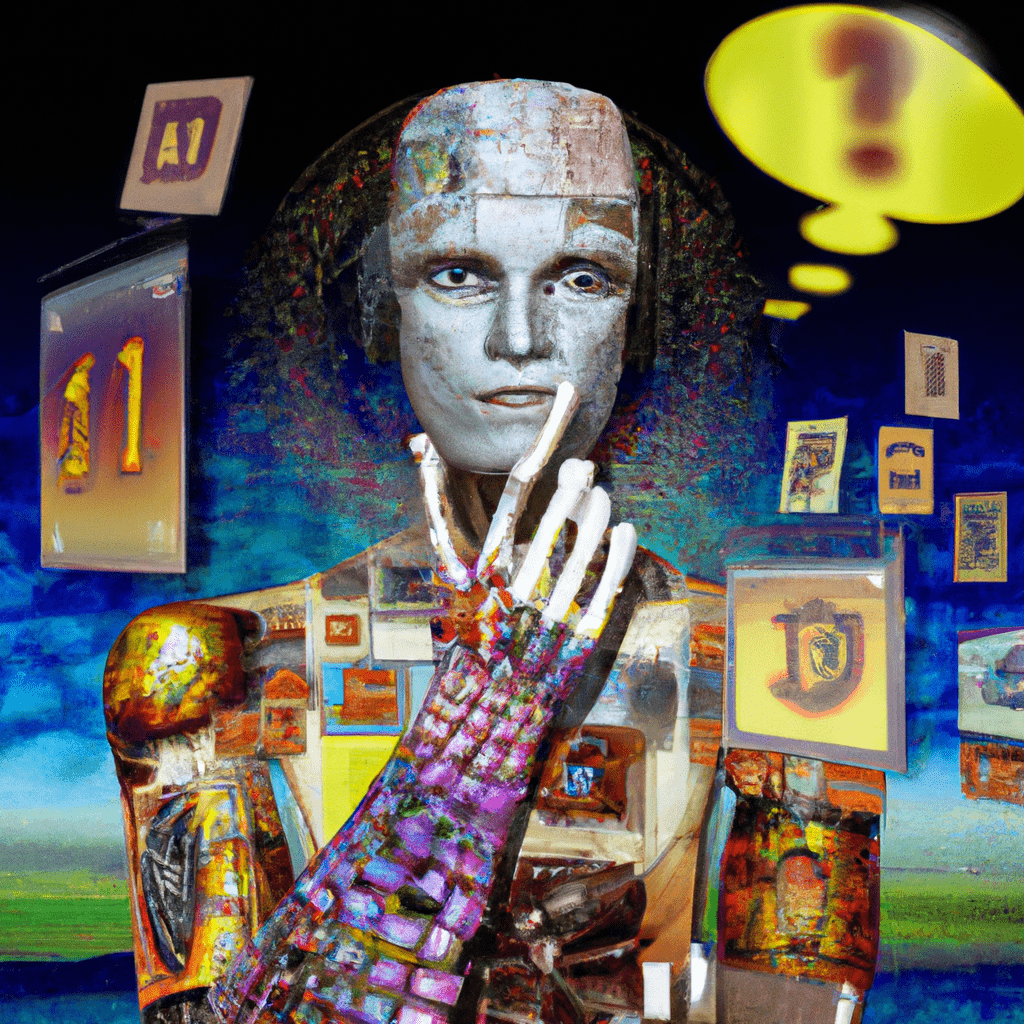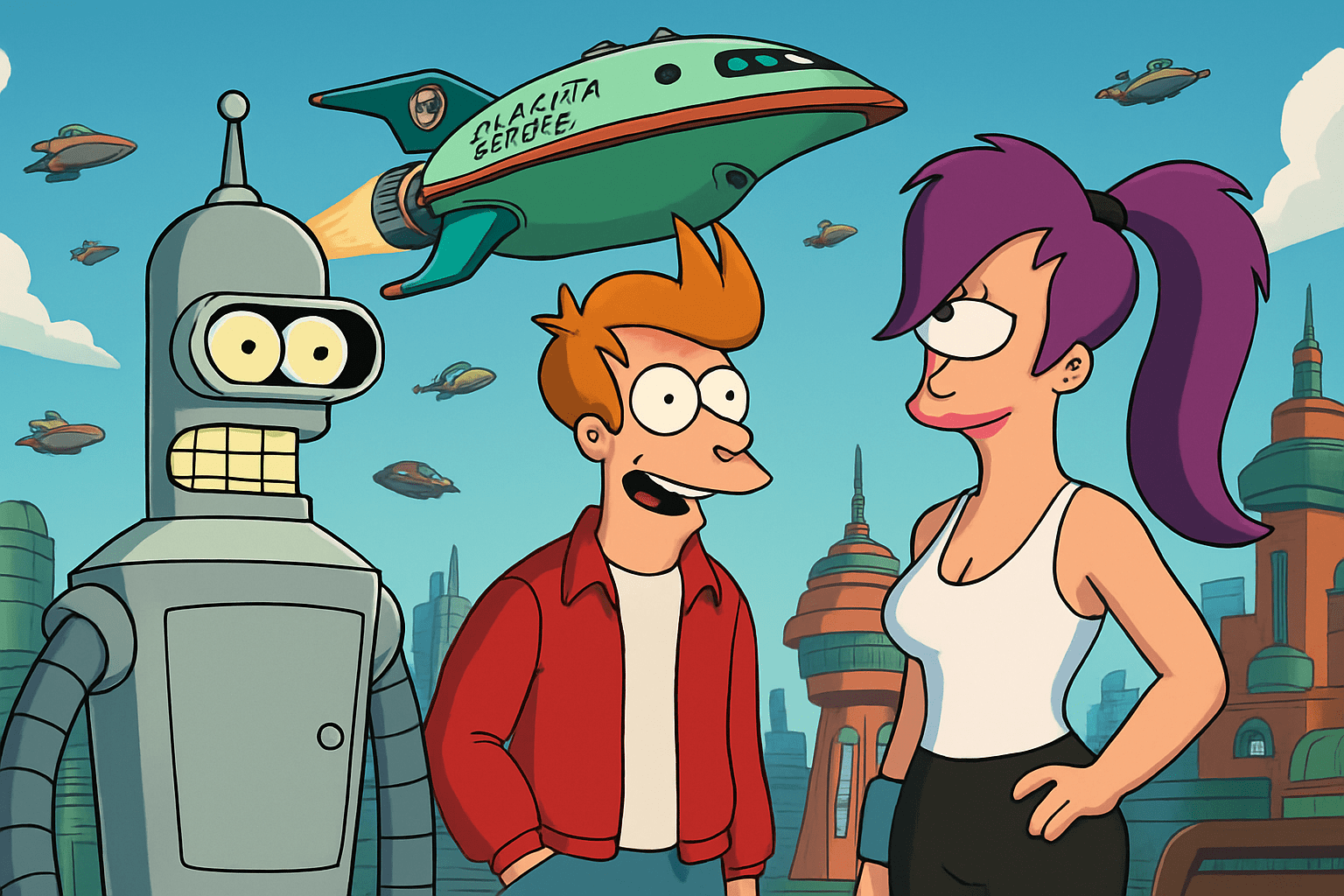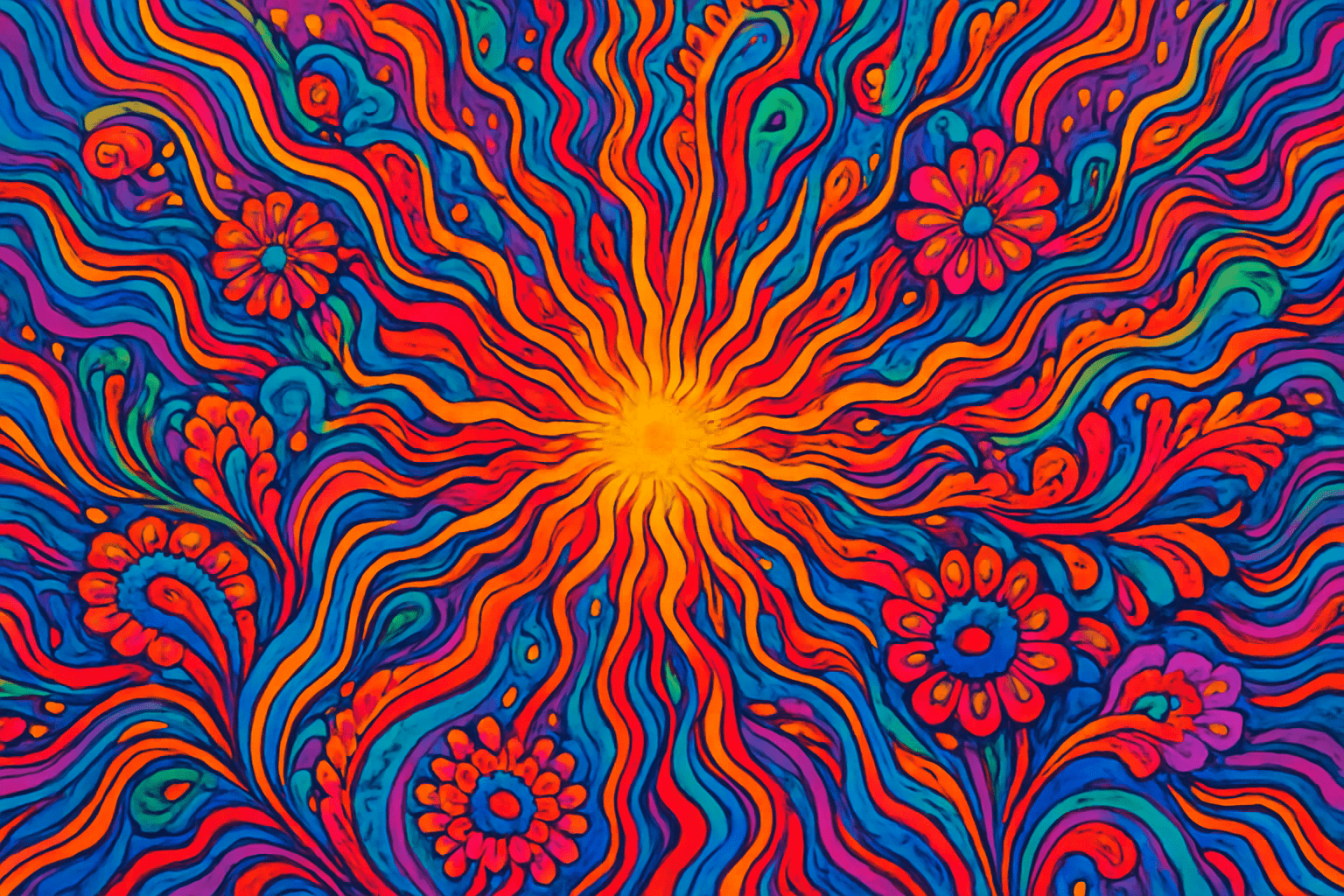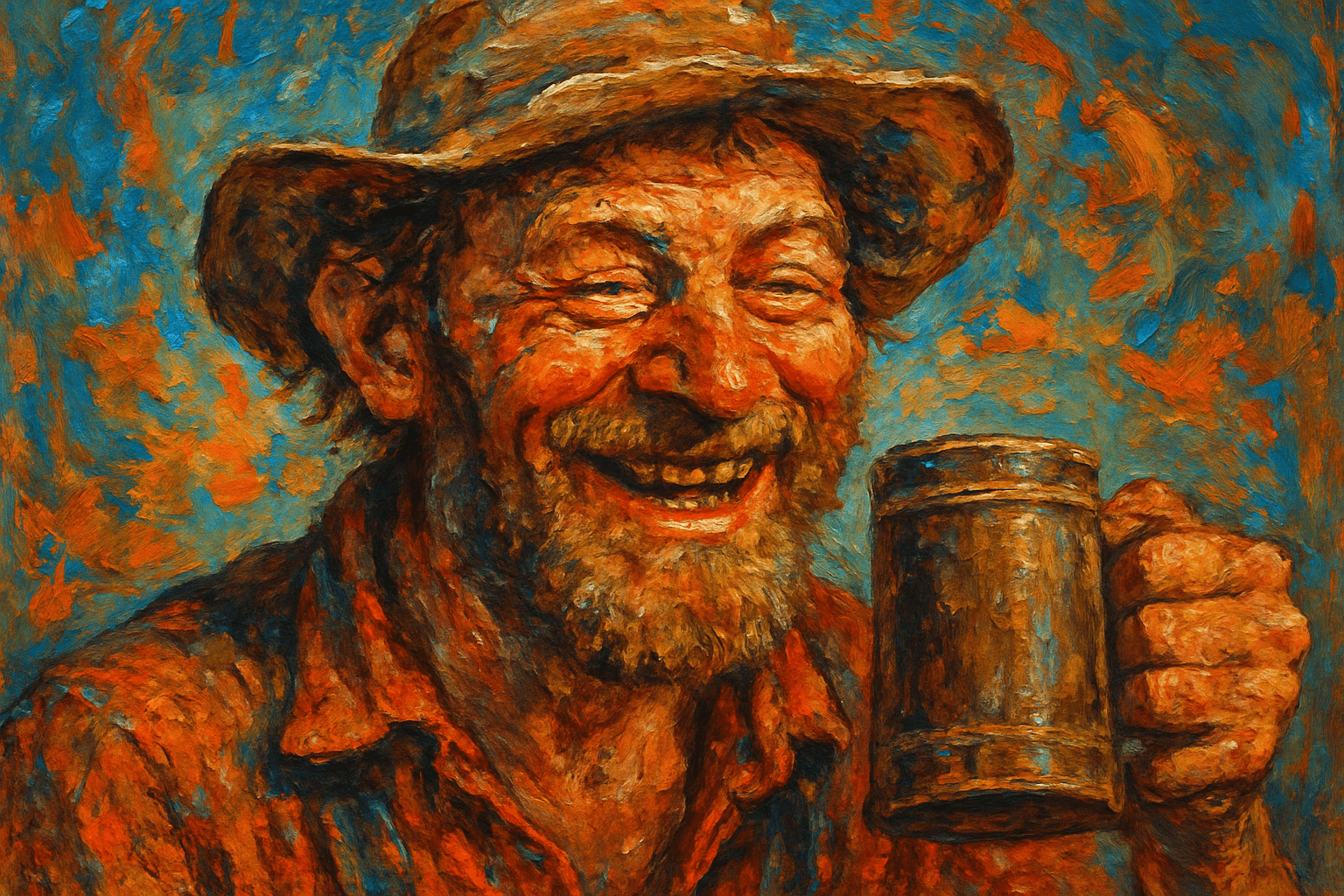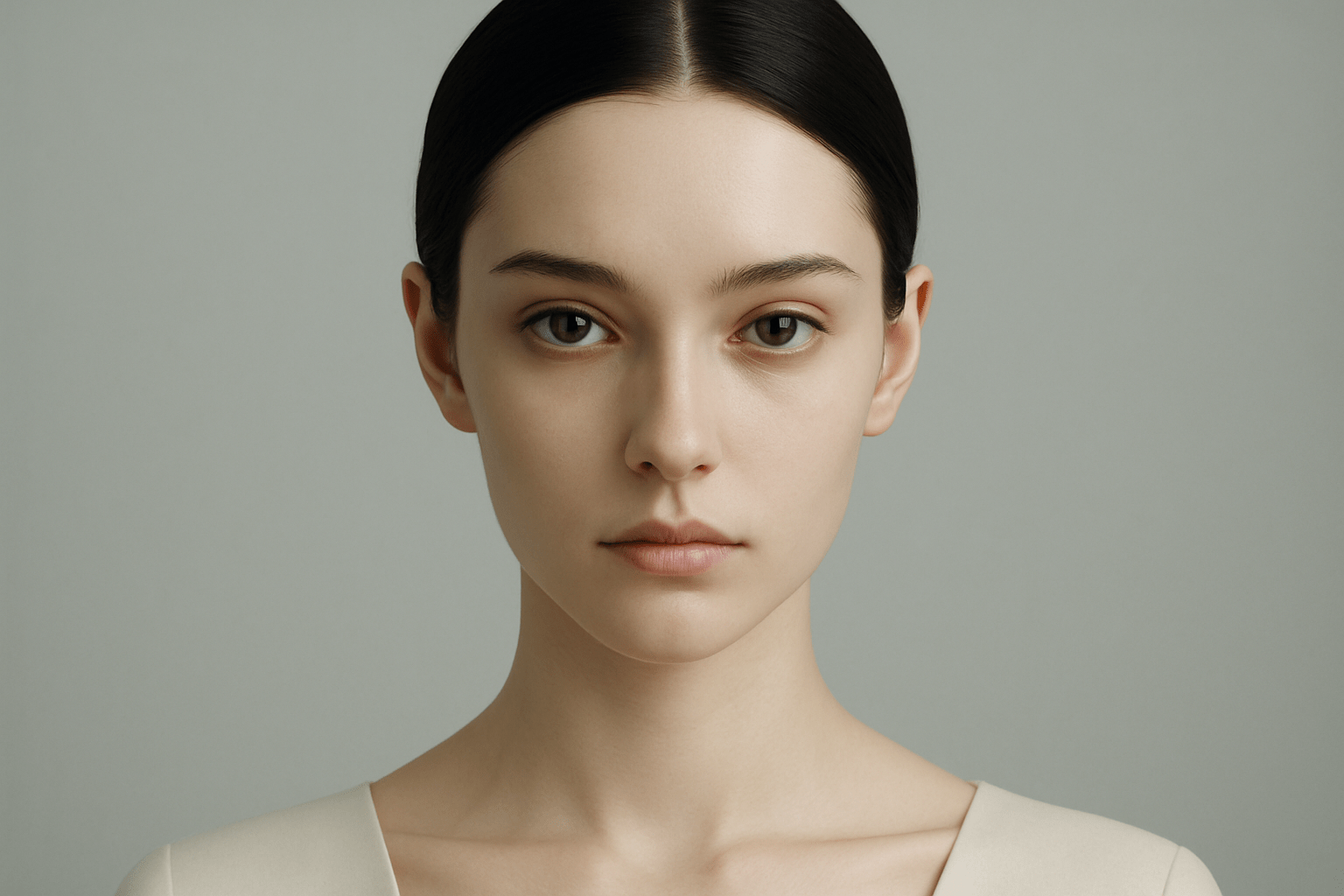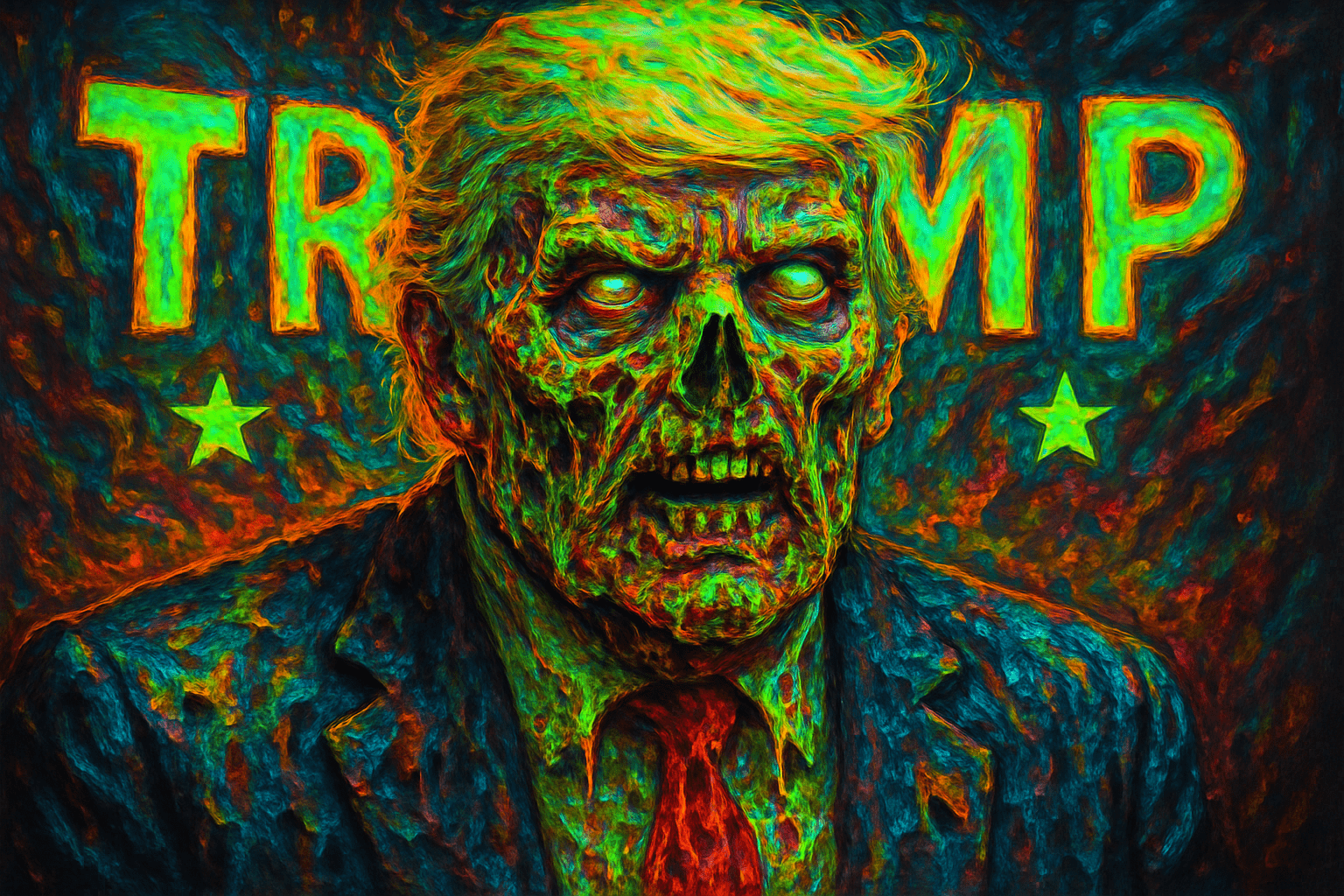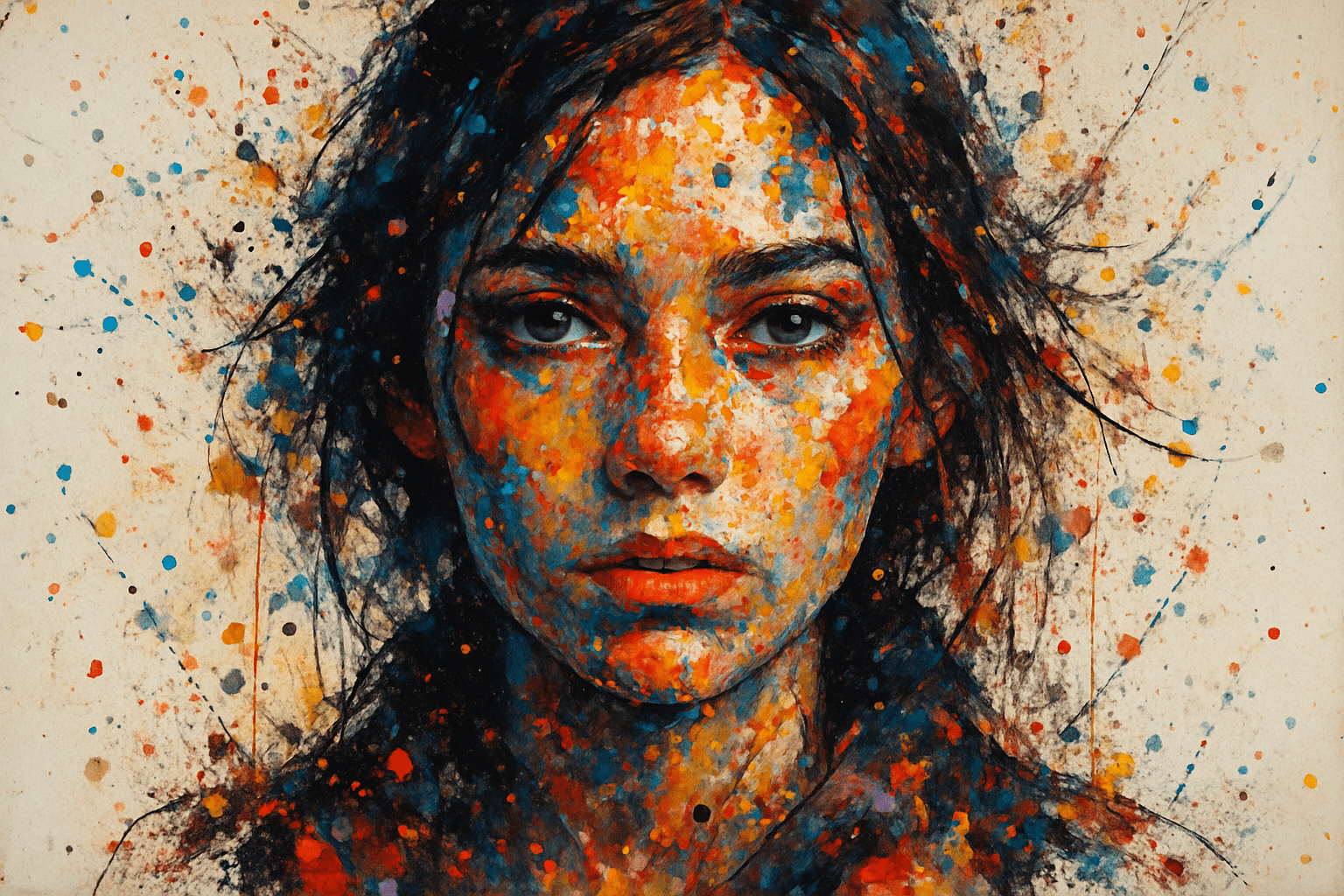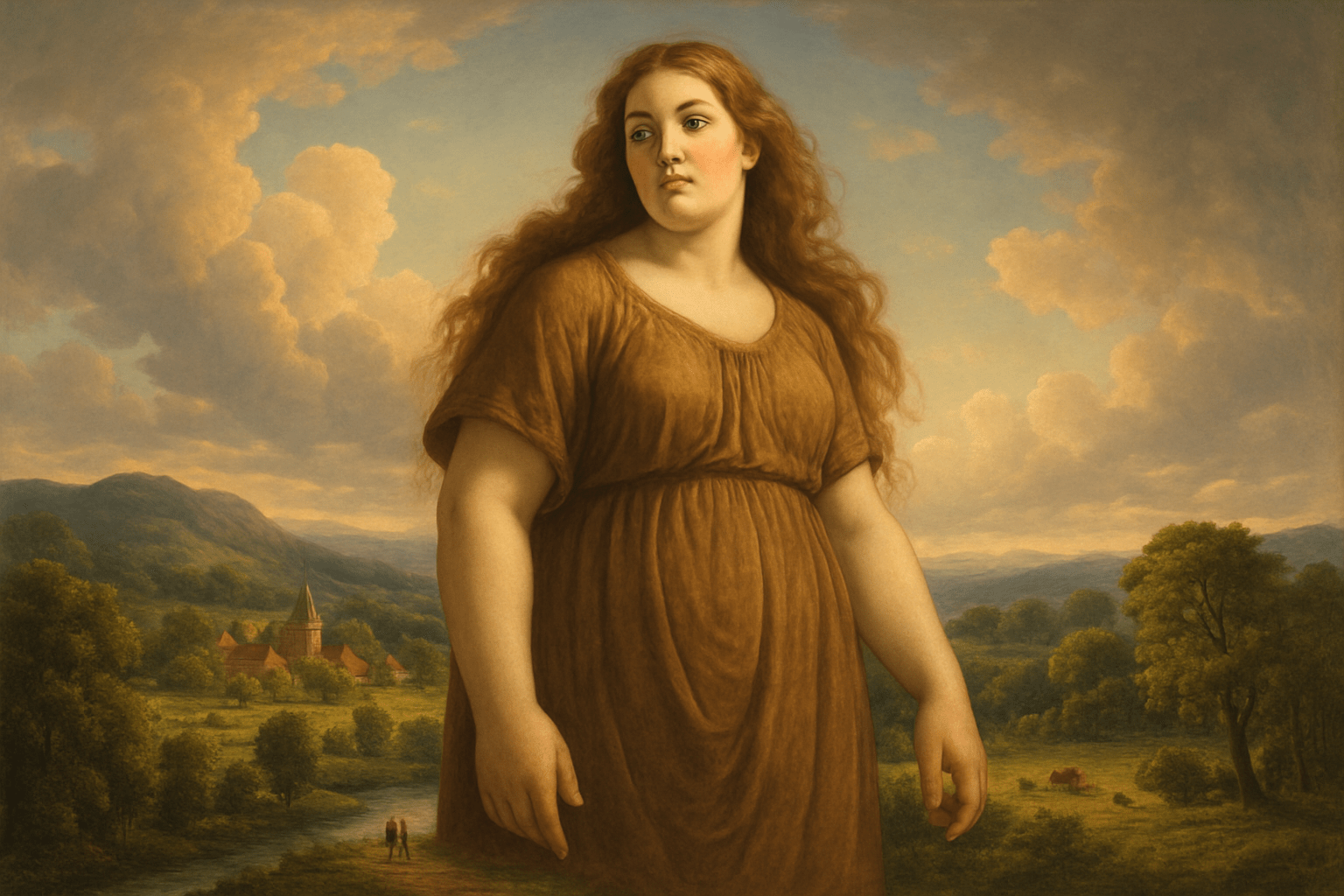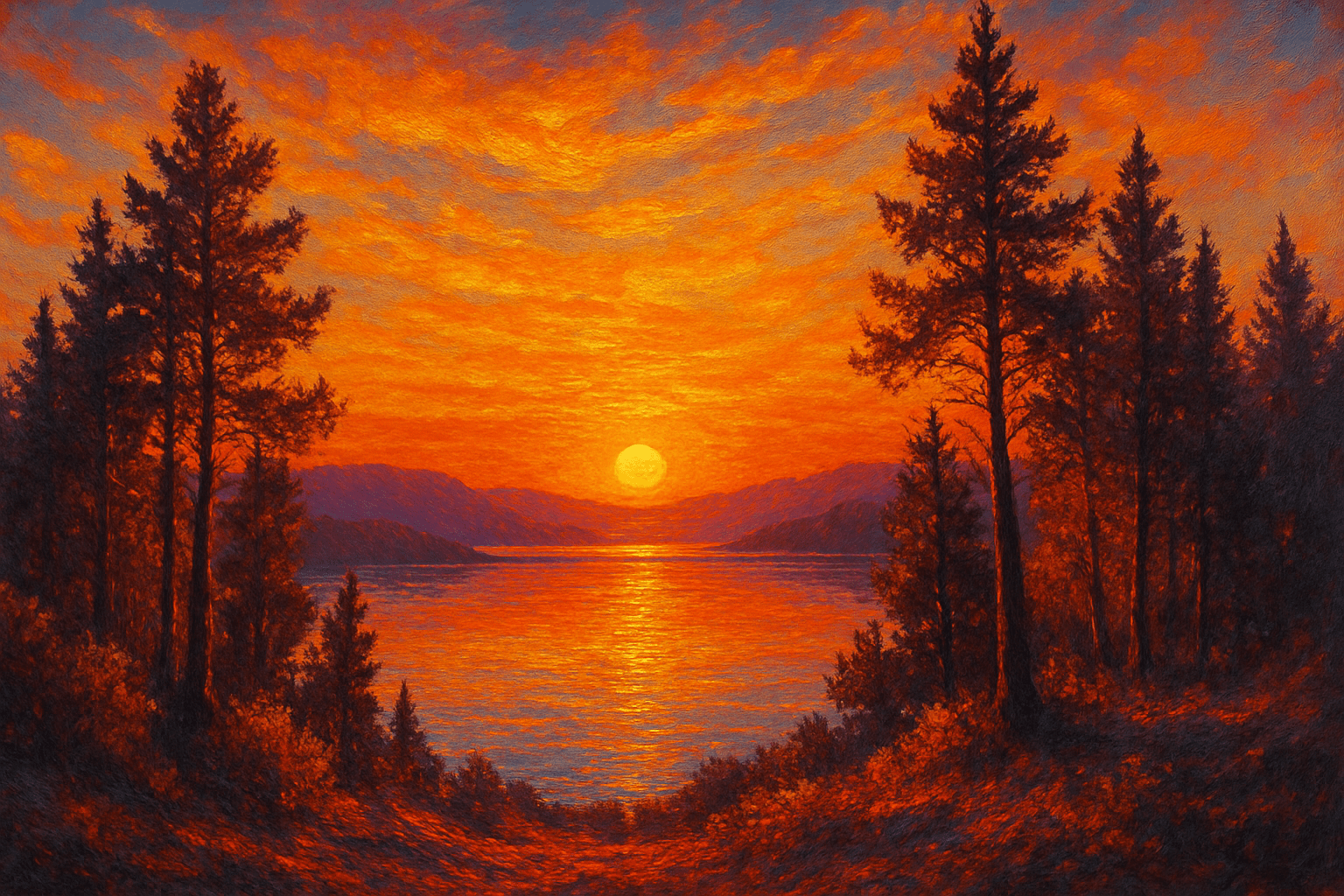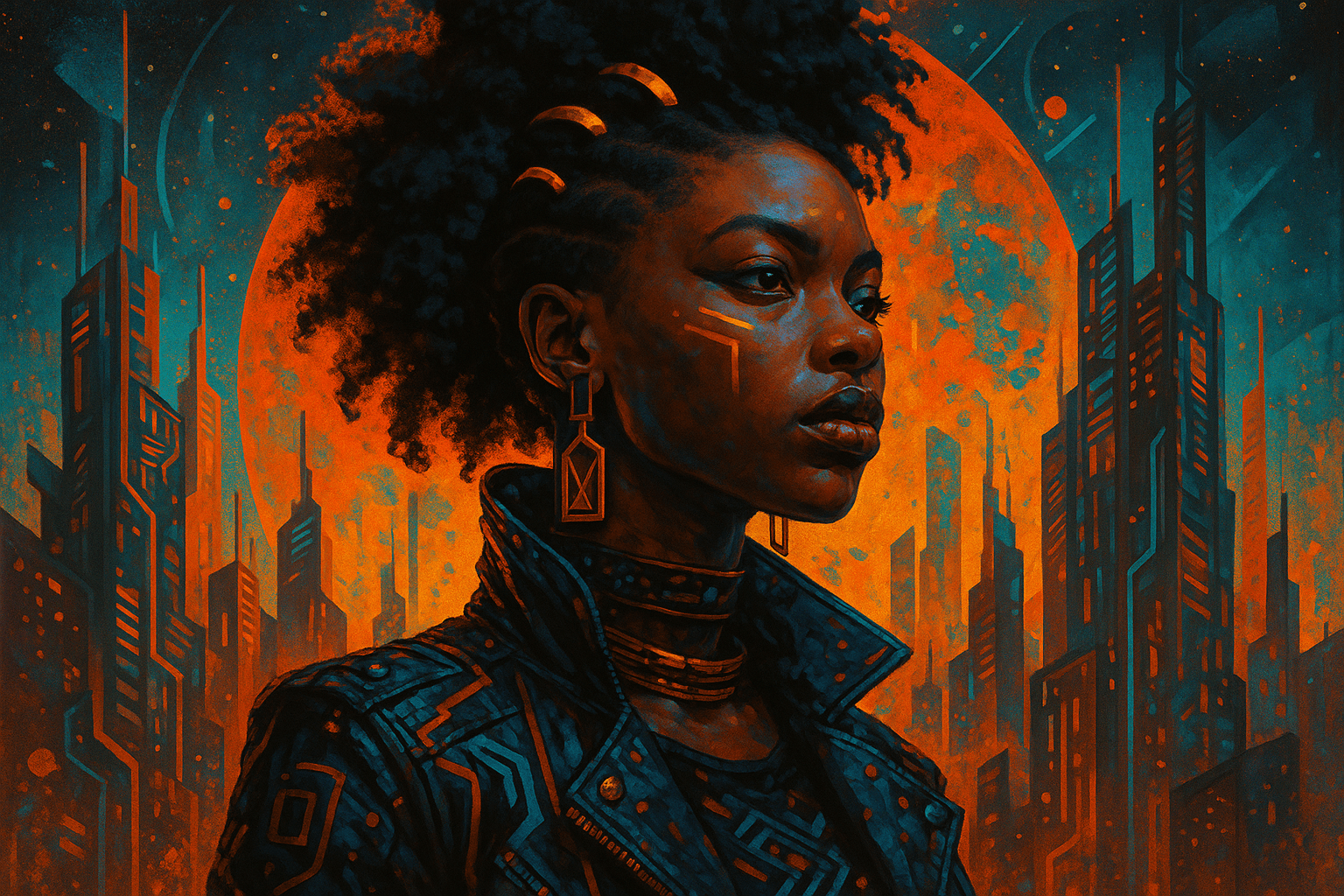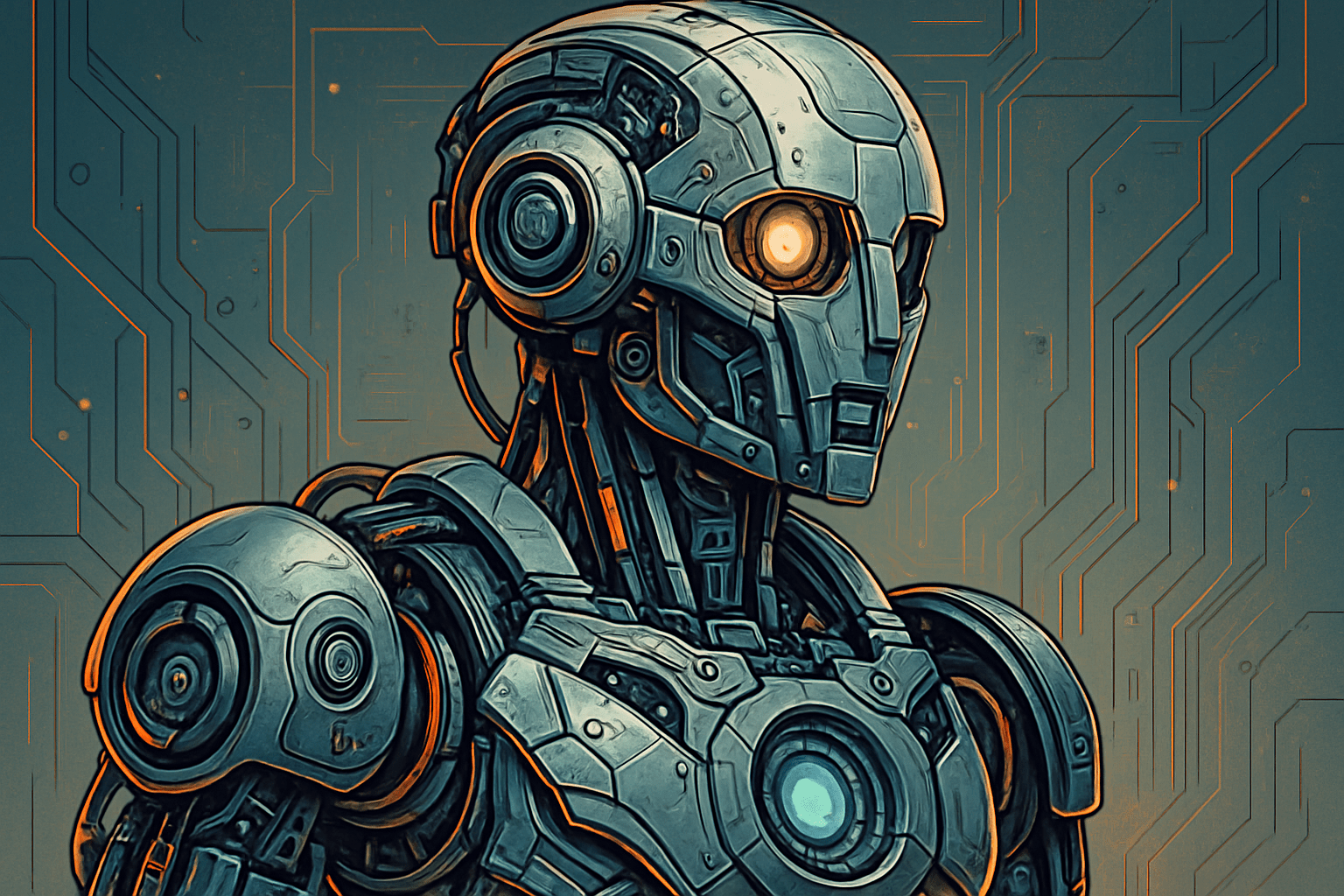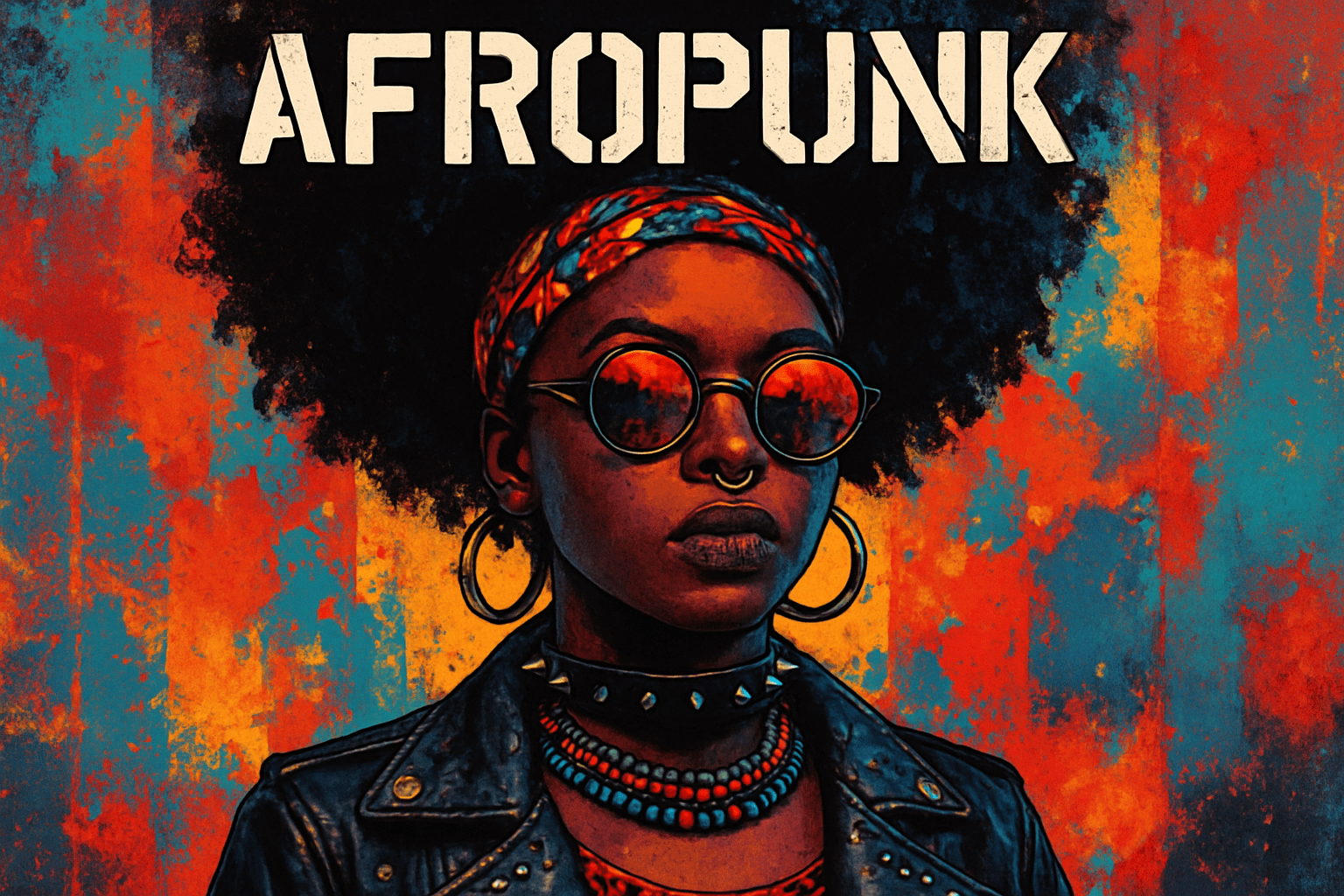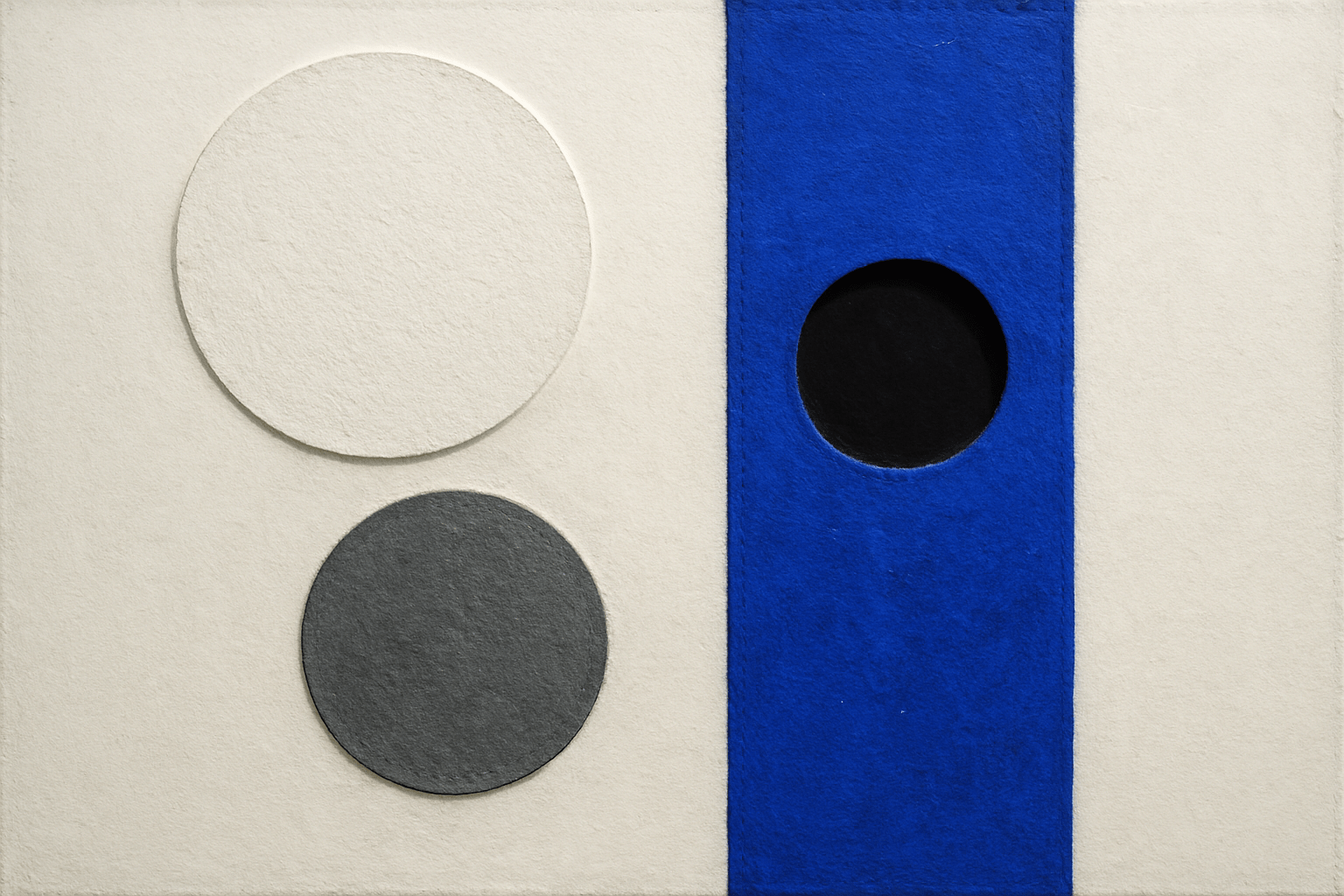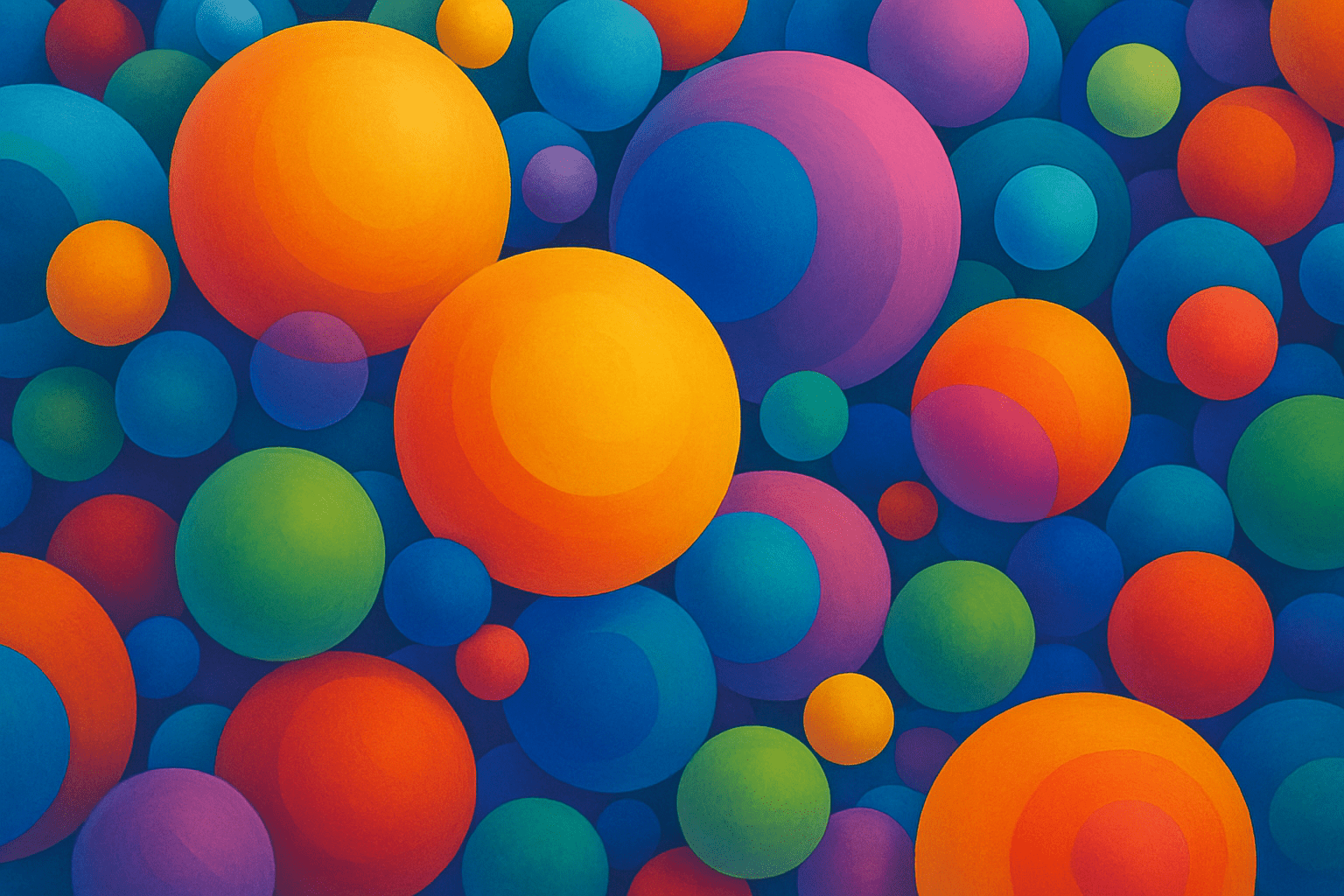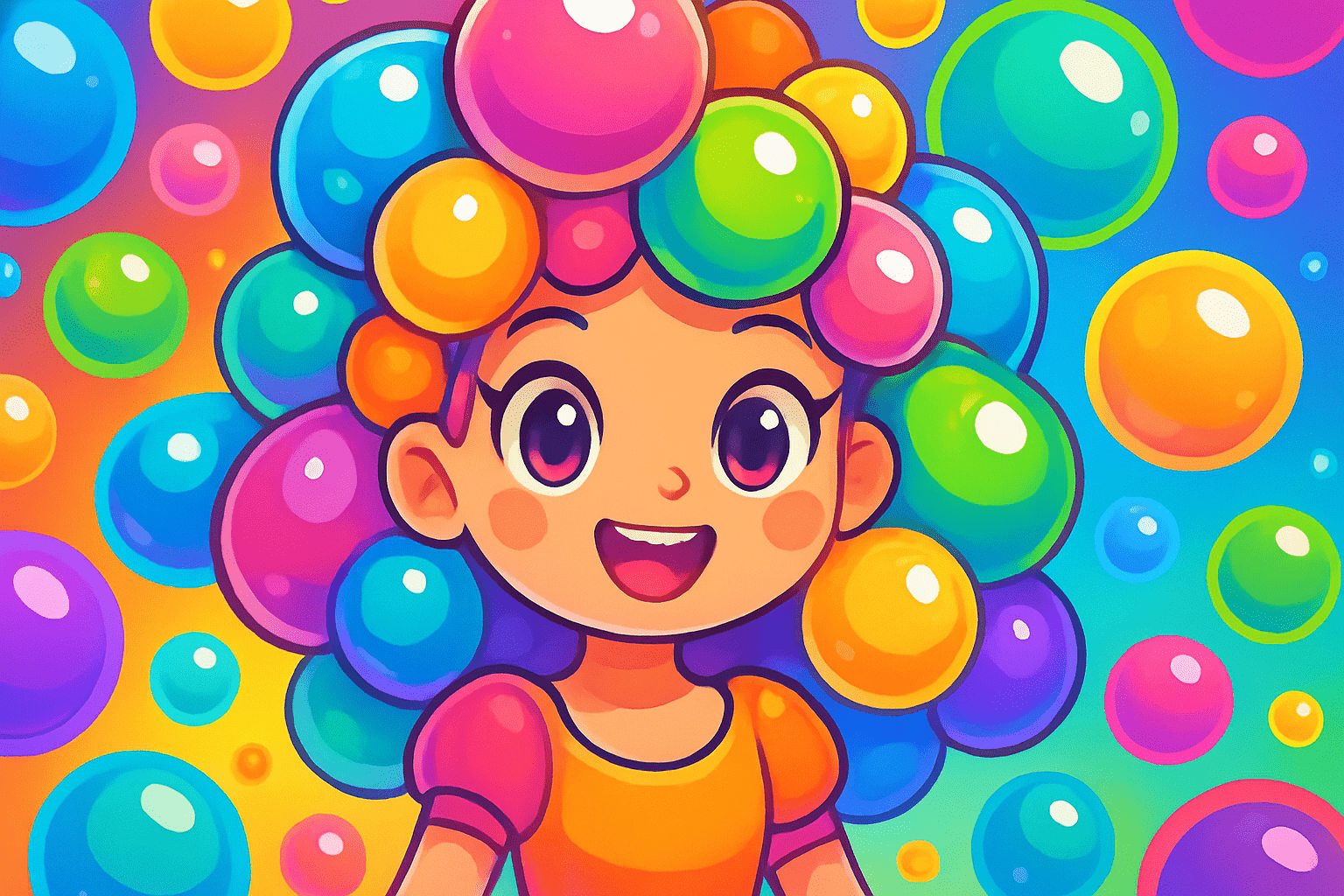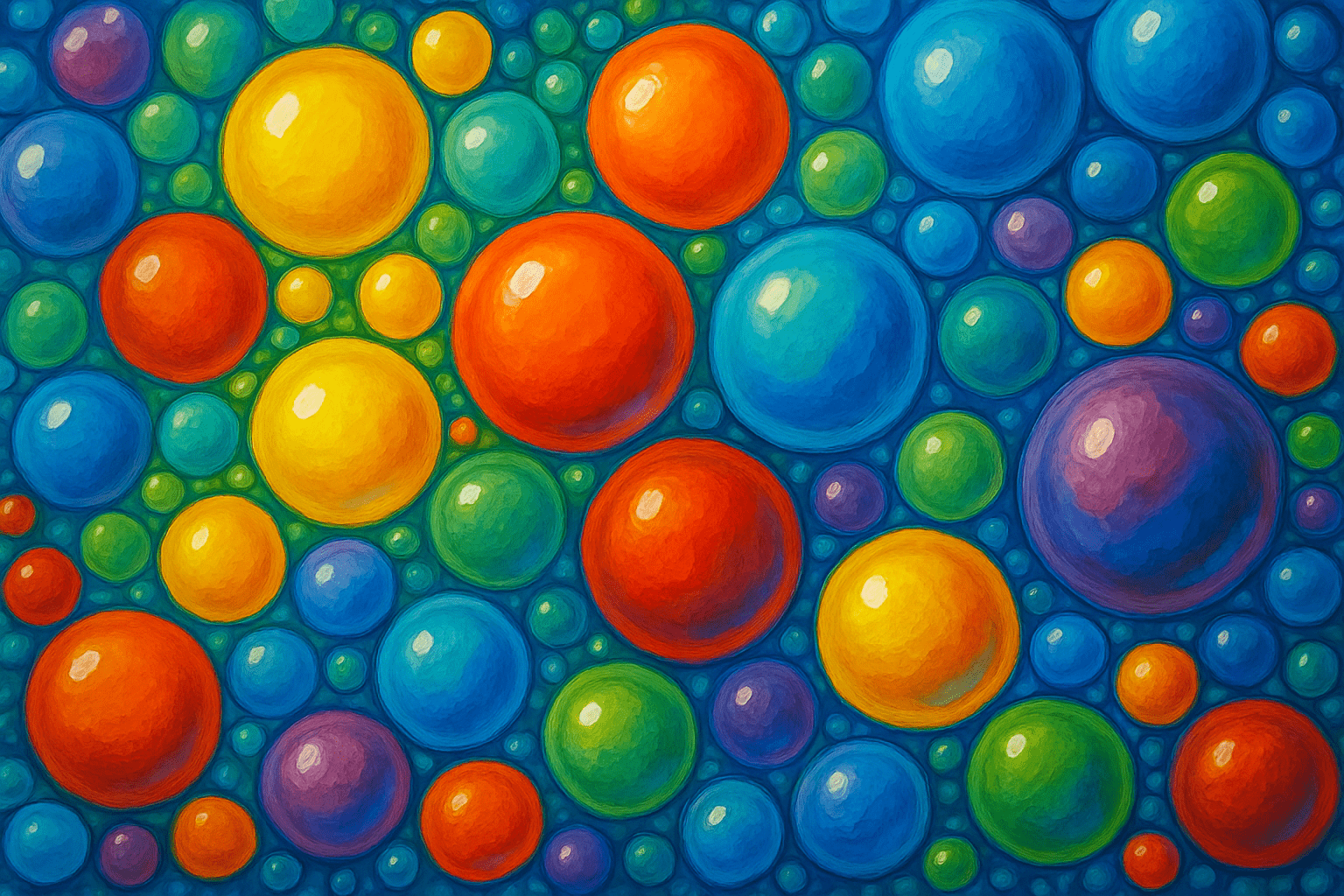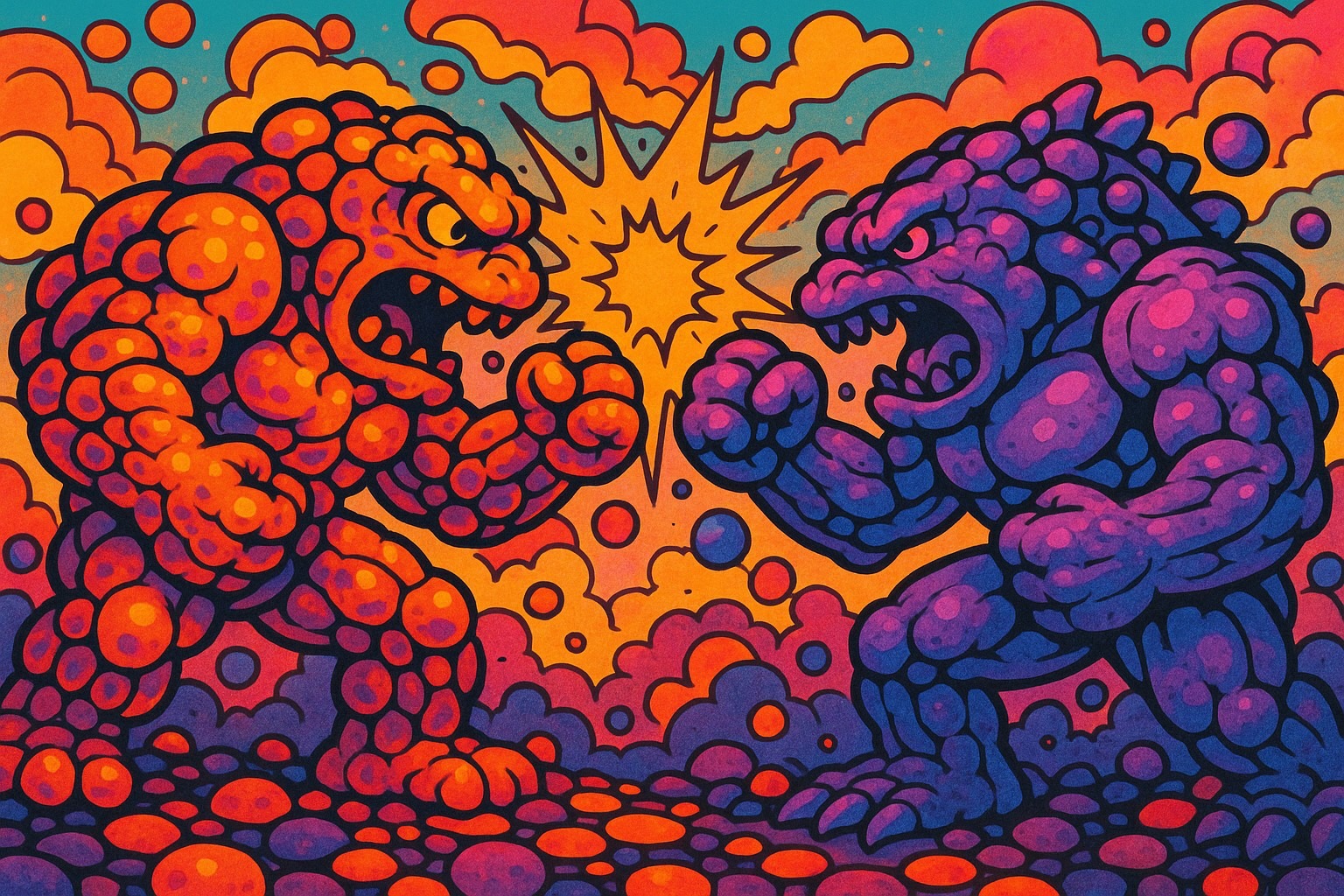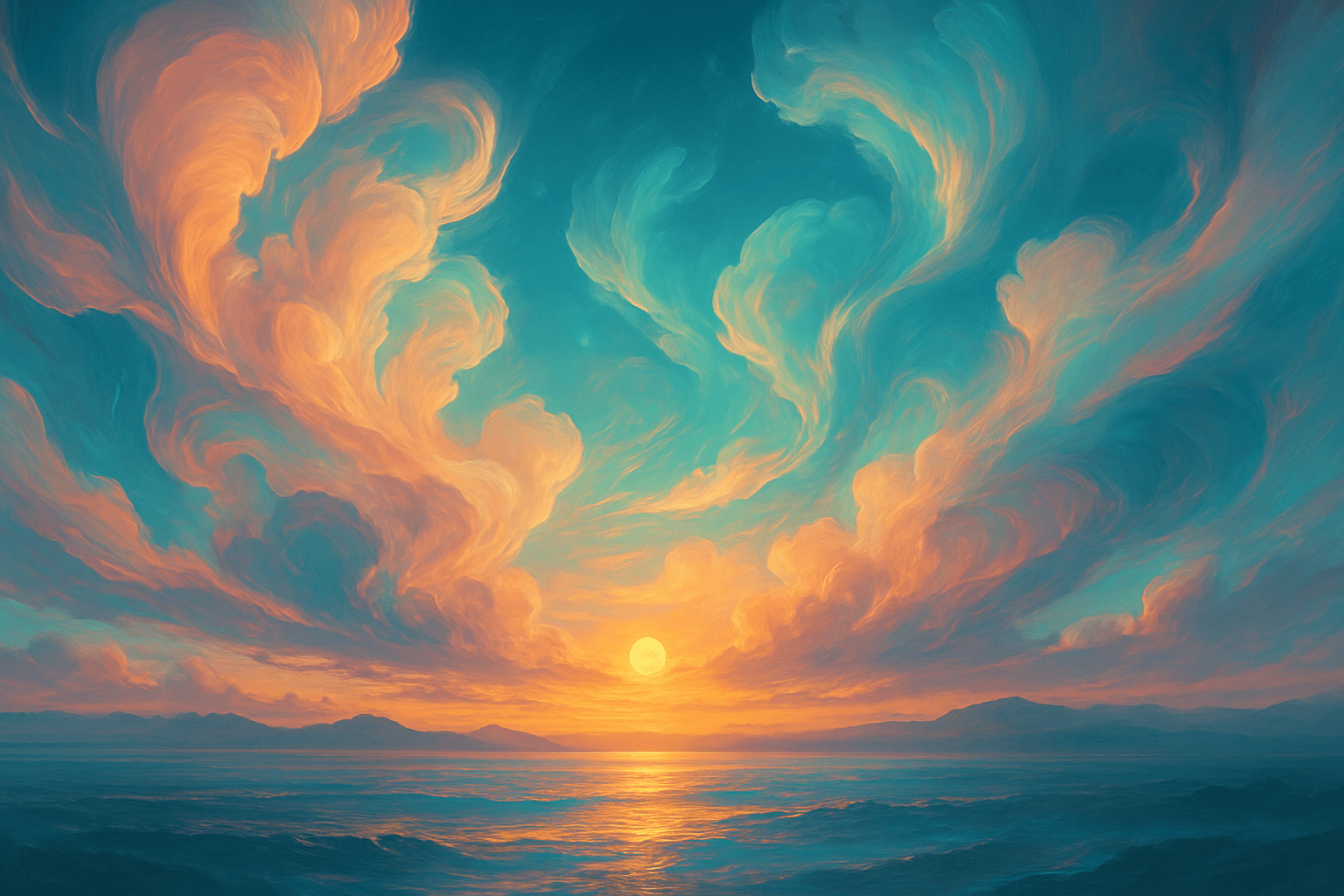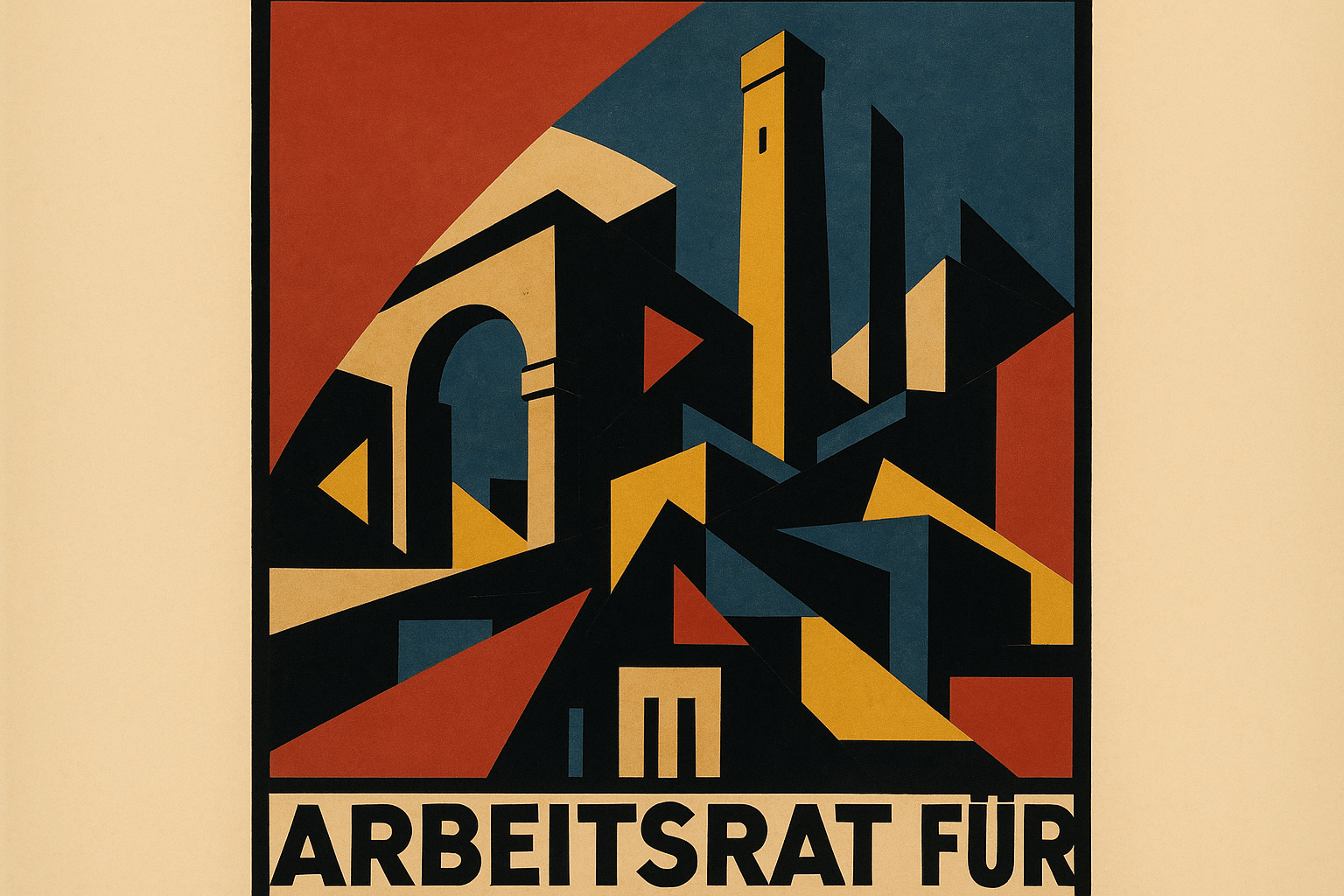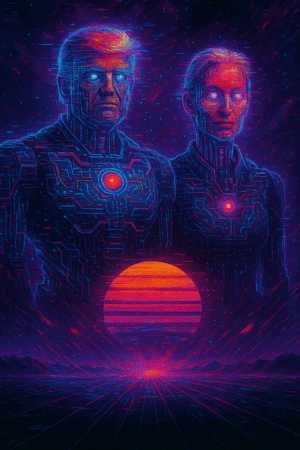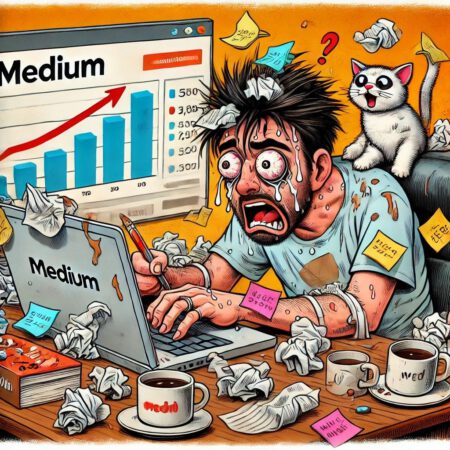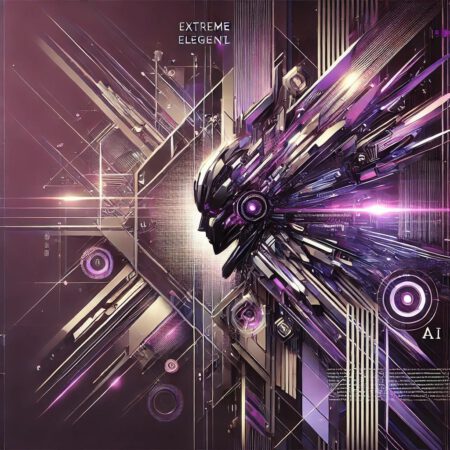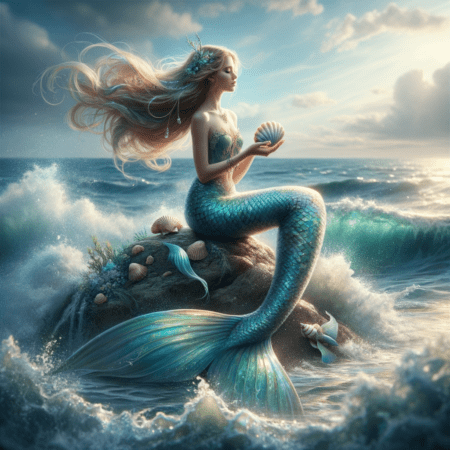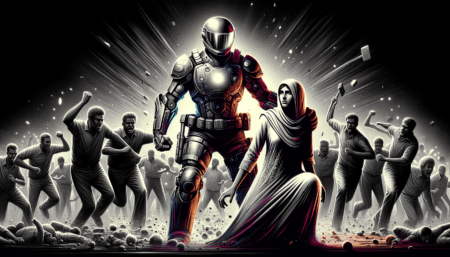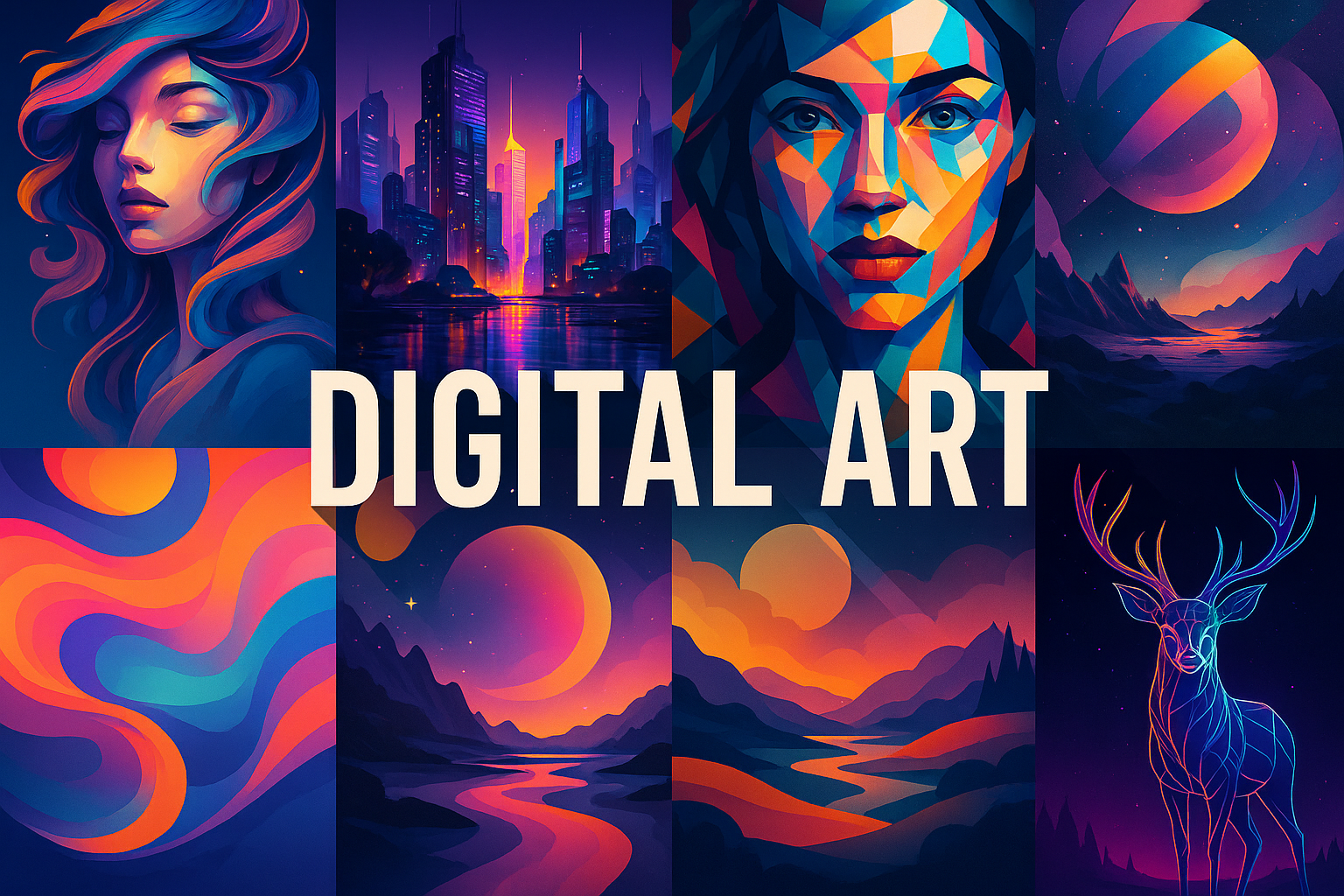
Digital Art
The visual appearance of digital art can vary greatly depending on the artist’s style and approach. In general, digital art tends to be more colorful and vibrant than traditional art, and often has a more abstract or surreal quality to it. Additionally, digital art often makes use of digital effects and filters to create unique visual effects.
AOI thinking about Digital Art [+_~]-/
Overview and Quickfacts
Digital art is a form of art that is created using digital technology. It can be created using a variety of software programs, such as Photoshop, Illustrator, and InDesign.Digital art can be created for a variety of purposes, such as to be used as a background for a website or to be used as a cover for a book.
Can understand it also, as:
Computer Art, Electronic Art, New Media Art, Interactive Art, Net Art, Post-Internet Art, Post-Web Art
Categorize it as:
Impressionism, Modernism
.: Dreaming :.
holds a HAIKU for the art style
:. Thought is power .:
Detailed Description
Digital art is an artistic style where images are created using digital technology. This type of art can be created using a variety of software programs, such as Photoshop, Illustrator, and 3D modeling programs. It can also be created using hardware devices, such as digital cameras and scanners. Digital art has become increasingly popular in recent years, as it offers a unique way to create artworks. Many famous artists have embraced digital art, and created some truly stunning pieces. Some of the most famous digital artworks include “The Persistence of Memory” by Salvador Dali, “The Scream” by Edvard Munch, and “The Starry Night” by Vincent van Gogh. These artworks have been created using a variety of digital techniques, and have become some of the most iconic and well-known pieces of art in the world. Digital art offers a unique way to create art, and has become increasingly popular in recent years. If you’re looking to create some stunning artworks of your own, then digital art is definitely worth exploring.
.. beep, beep, beep ..
<START OF TRANSMISSION>
1. Digital art is an artistic work or practice that uses digital technology as an essential part of the creative or presentation process. 2. Since the 1970s, various names have been used to describe the process, including computer art, multimedia art, and new media art. 3. Digital art is itself placed under the larger umbrella term new media art. 4. For some artists, the move from traditional forms of art to digital art has been a gradual process, while for others the transition has been more sudden. 5. Digital art is often associated with art that involves the use of computers, although it includes a wide range of other technologies as well. 6. It has been suggested that digital art is a post-medium condition, as it defies easy categorization into traditional mediums. 7. Digital art is often seen as having a democratizing effect, as it allows artists to create and distribute their work without the need for expensive materials or gallery space. 8. Digital art can be created using a variety of software programs, including image editing software, 3D modeling software, and web development software. 9. It can also be created using hardware such as digital cameras, scanners, and plotters. 10. Digital art can be created for a variety of purposes, including commercial, educational, and personal. 11. Commercial digital art includes advertising, product design, and graphic design. 12. Educational digital art can be used for teaching purposes, such as in online courses or in multimedia presentations. 13. Personal digital art can be created for enjoyment or as a form of self-expression. 14. Digital art can be shared online, through social media, email, or other means of digital communication. 15. It can also be printed, displayed on screens, or projected onto surfaces. 16. Digital art can be interactive, meaning that viewers can interact with it in some way, such as by moving their bodies or using a controller. 17. Digital art can be generated algorithmically, meaning that it is created using a set of rules or instructions. 18. It can also be created manually, meaning that it is created by an artist using a computer or other digital device. 19. Digital art can be static, meaning that it does not change over time, or it can be dynamic, meaning that it changes over time in response to viewer input or other conditions. 20. Digital art is often created using a combination of both static and dynamic elements.
<EOF>
.. robbel bob
Visual Examples from our image gallery
Coming soon, we are so slow .. might never come
Artists, Paintings, and more
(be aware, can be highly speculative)
Artists (be aware, speculation possible):
1. Andy Warhol (1928-1987) 2. Roy Lichtenstein (1923-1997) 3. Keith Haring (1958-1990) 4. Jean-Michel Basquiat (1960-1988) 5. Richard Hamilton (1922-2011) 6. David Hockney (1937-) 7. Yayoi Kusama (1929-) 8. John Cage (1912-1992) 9. Jackson Pollock (1912-1956) 10. Mark Rothko (1903-1970) 11. Barnett Newman (1905-1970) 12. Clyfford Still (1904-1980) 13. Ad Reinhardt (1913-1967) 14. Robert Rauschenberg (1925-2008) 15. Frank Stella (1936-) 16. Jasper Johns (1930-) 17. Dan Flavin (1933-1996) 18. Donald Judd (1928-1994) 19. Ellsworth Kelly (1923-) 20. Agnes Martin (1912-2004) 21. Anne Truitt (1921-2004) 22. Robert Smithson (1938-1973) 23. Nancy Holt (1938-2014) 24. Richard Serra (1938-) 25. Eva Hesse (1936-1970) 26. Sol LeWitt (1928-2007) 27. Lawrence Weiner (1942-) 28. On Kawara (1933-2014) 29. Yoko Ono (1933-) 30. John Lennon (1940-1980)
Artworks (be aware, speculation possible)
1. The Starry Night ÃÂàVincent van Gogh (1889) 2. The Scream ÃÂàEdvard Munch (1893) 3. The Persistence of Memory ÃÂàSalvador Dali (1931) 4. Nighthawks ÃÂàEdward Hopper (1942) 5. Guernica ÃÂàPablo Picasso (1937) 6. The Kiss ÃÂàGustav Klimt (1908) 7. The Sistine Chapel Ceiling ÃÂàMichelangelo (1512) 8. The Mona Lisa ÃÂàLeonardo da Vinci (1503-1517) 9. American Gothic ÃÂàGrant Wood (1930) 10. The Birth of Venus ÃÂàSandro Botticelli (1486) 11. The Hay Wagon ÃÂàAndrew Wyeth (1965) 12. ChristinaÃÂÃÂs World ÃÂàAndrew Wyeth (1948) 13. The Third of May 1808 ÃÂàFrancisco Goya (1814) 14. The Night CafÃÂé ÃÂàVincent van Gogh (1888) 15. The CafÃÂé Terrace at Night ÃÂàVincent van Gogh (1888) 16. The Great Wave off Kanagawa ÃÂàKatsushika Hokusai (1829-1833) 17. The Arnolfini Portrait ÃÂàJan van Eyck (1434) 18. The Girl with the Pearl Earring ÃÂàJohannes Vermeer (1665) 19. The Goldfinch ÃÂàCarel Fabritius (1654) 20. The Haystack in the Mountains ÃÂàClaude Monet (1891) 21. The Water Lilies ÃÂàClaude Monet (1916) 22. The Poppy Field ÃÂàClaude Monet (1873) 23. Wheat Field with Cypresses ÃÂàVincent van Gogh (1889) 24. Starry Night Over the Rhone ÃÂàVincent van Gogh (1888) 25. A Sunday Afternoon on the Island of La Grande Jatte ÃÂàGeorges Seurat (1886) 26. The Bathers ÃÂàPaul CÃÂézanne (1898-1905) 27. The Dance ÃÂàHenri Matisse (1909-1910) 28. The Persistence of Memory ÃÂàSalvador DalÃÂà(1931) 29. Nighthawks ÃÂàEdward Hopper (1942) 30. One Hundred and Fifty-sixth Street and Amsterdam Avenue ÃÂàEdward Hopper (1954)
Epoch
The time period of the art style Digital Art is the late 20th century to the present.
AI ART RESSOURCES (AKA, well Tools)
Helping tools -> predefined search links on other pages:
